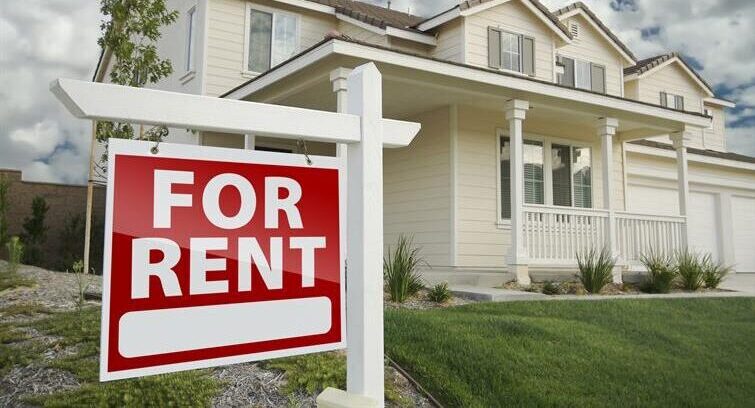Investing in your first rental property is an exciting step toward building wealth and diversifying your portfolio. Like any financial venture, it comes with risks, but the rewards—such as steady income and long-term asset growth—can make it worthwhile. Let’s break down the benefits, challenges, and key considerations for first-time rental property buyers.
Generate Passive Income
Rental income can be a steady source of cash flow, especially in areas where demand for housing is high. This monthly boost can help offset your mortgage payments and other expenses.Tax Advantages
Owning a rental property opens the door to potential tax benefits. These may include deductions for:- Mortgage interest: This is considered a business expense.
- Property taxes: Deductible based on your home’s location and value.
- Depreciation: As your property ages, you can deduct its depreciation as a non-cash expense.
Consult a tax professional to fully understand what you qualify for and how to maximize your savings.
Portfolio Diversification
Adding real estate to your investments helps balance your portfolio. Unlike stocks or bonds, a rental property is a tangible asset whose value can rise over time, especially in a strong housing market.Freedom from PMI
When buying a primary residence, private mortgage insurance (PMI) is often required if you put down less than 20%. Rental properties typically don’t require PMI, which can save you money each month.
The Challenges of Becoming a Landlord
Higher Initial Costs
Investment properties often come with higher down payment requirements—usually 15-20%—and interest rates compared to primary residences. Be prepared for upfront costs.Finding Reliable Tenants
One of the biggest risks is renting to unreliable tenants. Missed payments or property damage can cut into your profits. Take the time to screen applicants thoroughly.Delayed Returns
Rental properties aren’t a get-rich-quick scheme. Between closing costs, renovations, and periods of vacancy, it may take months—or even years—before you see significant returns.Property Maintenance
As a landlord, you’re responsible for maintaining the property. From plumbing repairs to landscaping, these costs can add up quickly, especially if you don’t plan ahead.
What to Look for (and What to Avoid)
Do:
- Focus on Location: Properties near schools, shops, and public transportation tend to attract more tenants. Research crime rates and neighborhood trends to ensure a sound investment.
- Work with Professionals: A trusted real estate agent and financial advisor can provide valuable insights into local markets and financing options.
- Know Your Market: Research average rents, property values, and vacancy rates to understand the return on investment (ROI) you can expect.
Don’t:
- Buy Without a Plan: Jumping in without considering cash flow, financing, and long-term goals can lead to costly mistakes.
- Start Too Big: Stick with smaller properties like condos or single-family homes for your first rental venture. They’re more manageable and come with less risk.
- Go It Alone: From navigating tax deductions to vetting tenants, having a support team is crucial for avoiding missteps.
Ready to Invest? Here’s How We Can Help
From securing financing to offering expert advice, our team is here to make your first rental property purchase as smooth as possible. Whether you’re looking for pre-approval, market insights, or mortgage options tailored to your needs, we’ve got you covered.
Buying your first rental property is a journey, but with careful planning and the right support, it can be a rewarding investment. Ready to get started? Reach out today, and let’s turn your real estate dreams into reality.
Disclaimer: This content is for informational purpose

